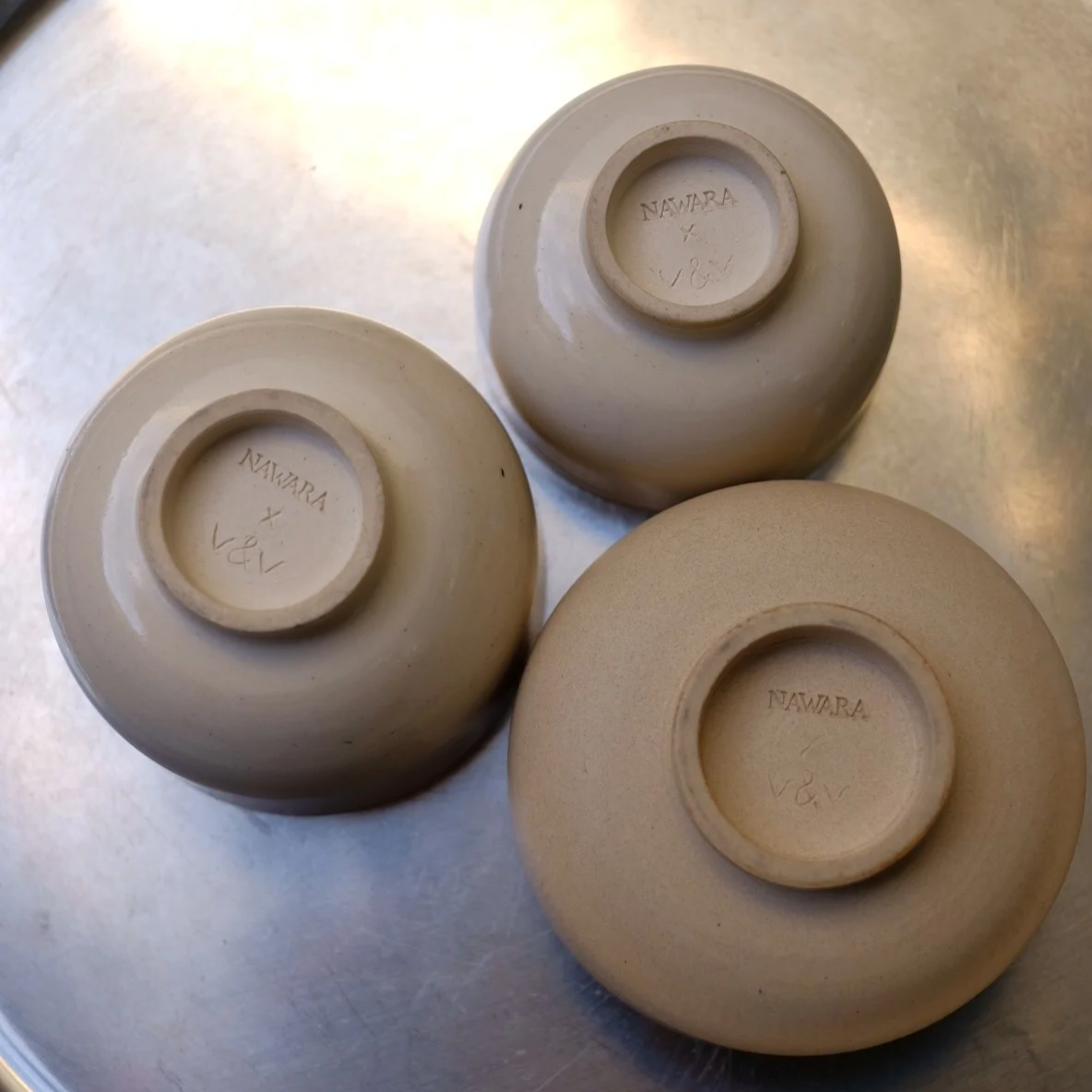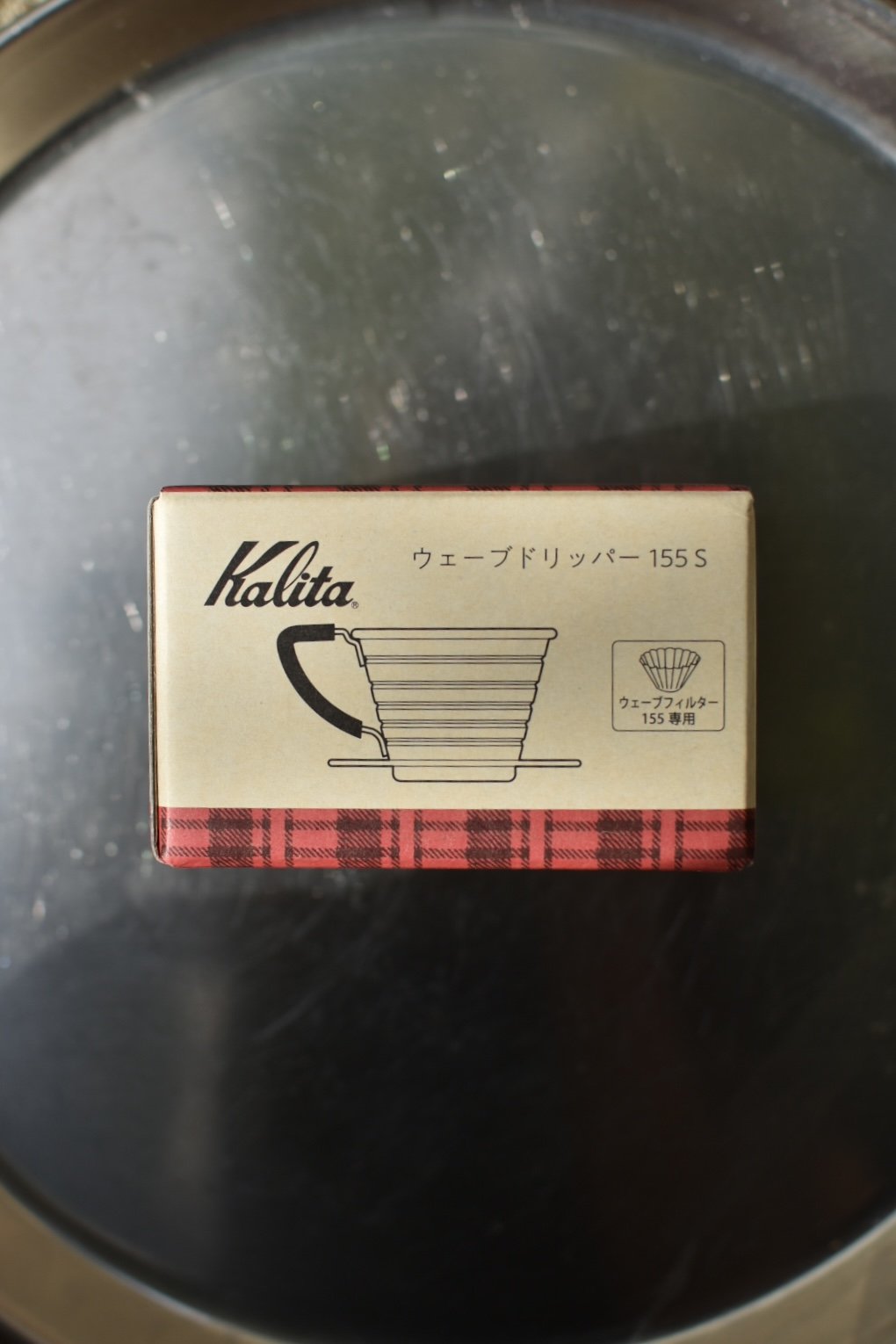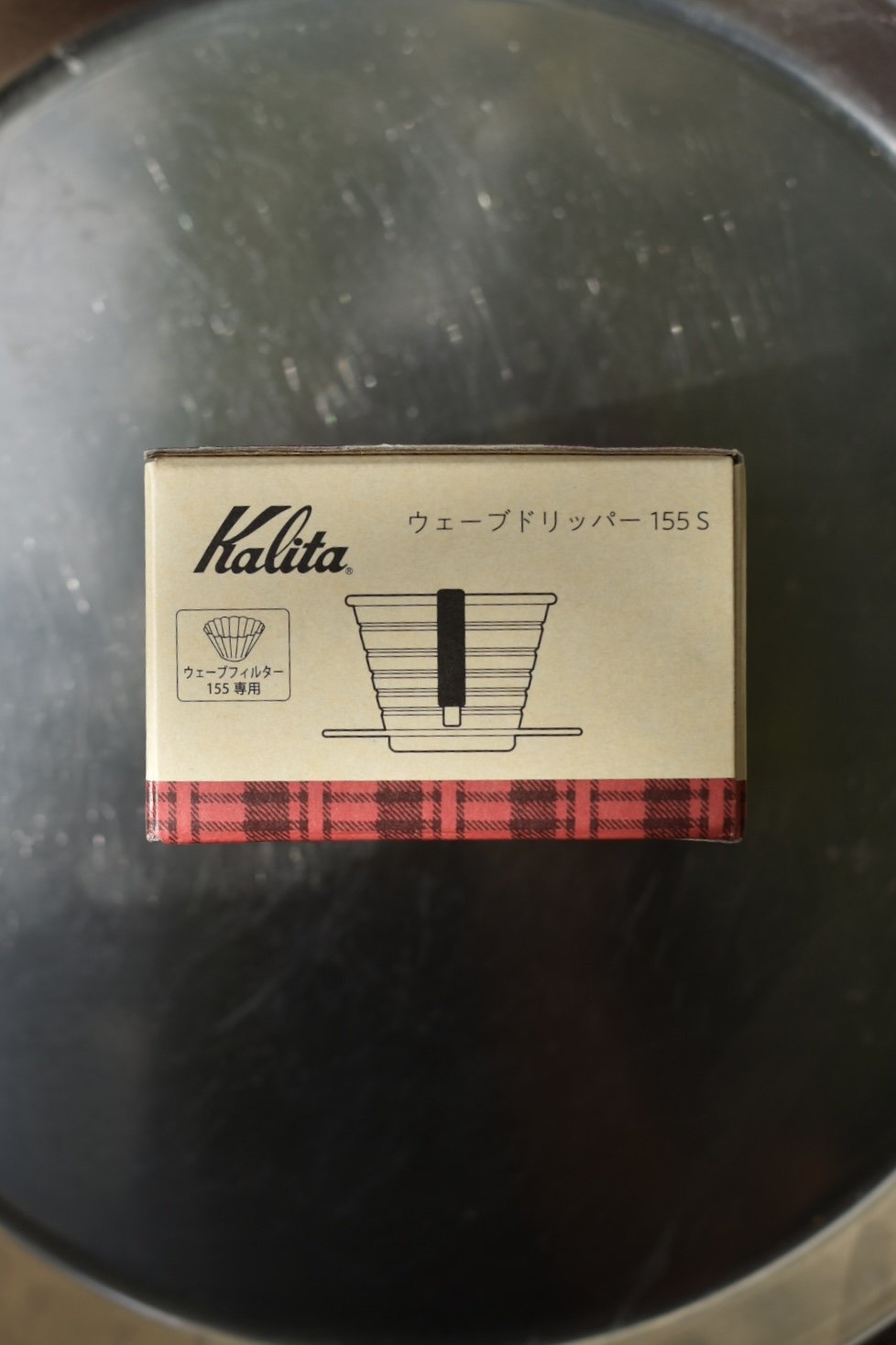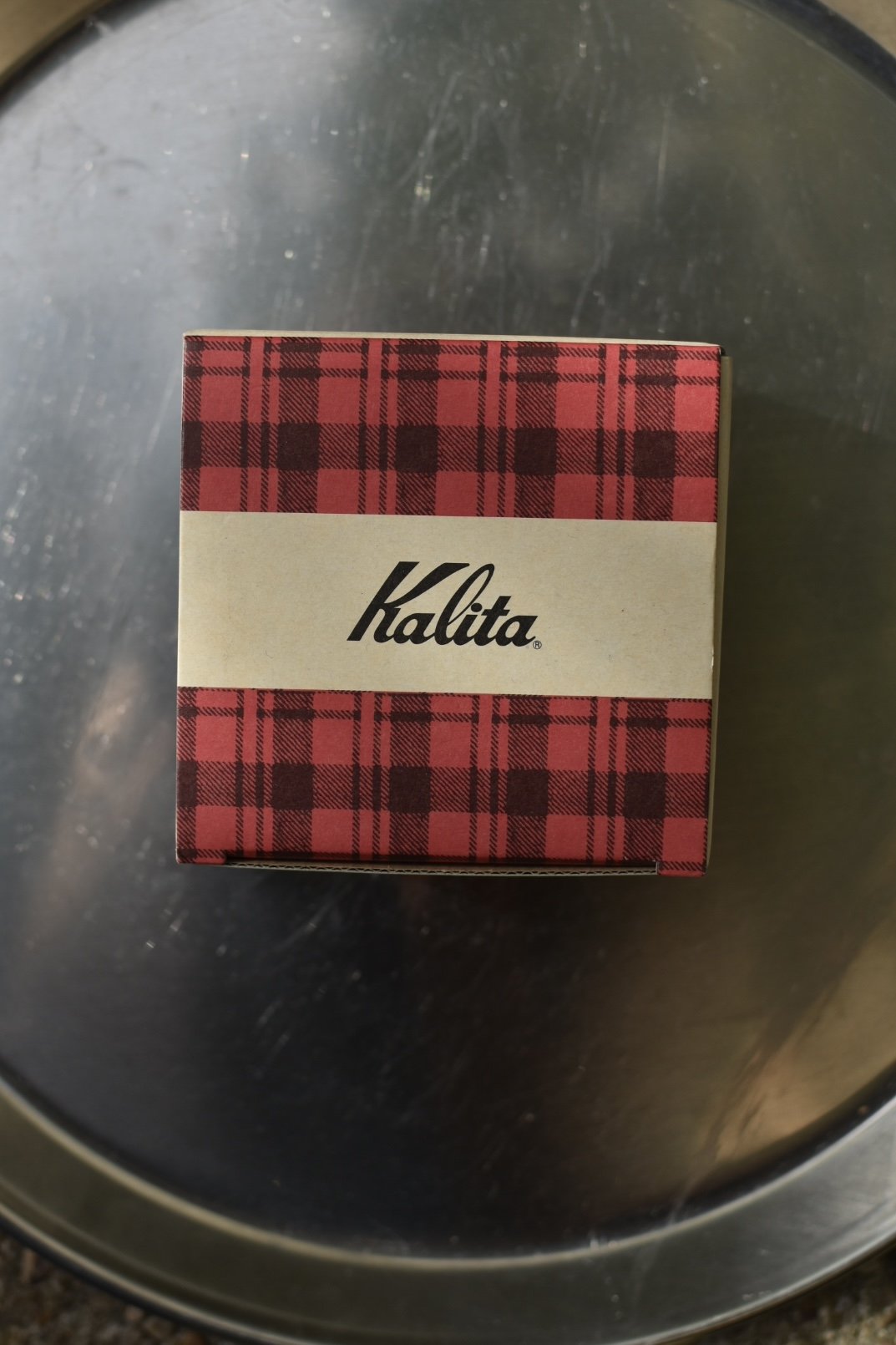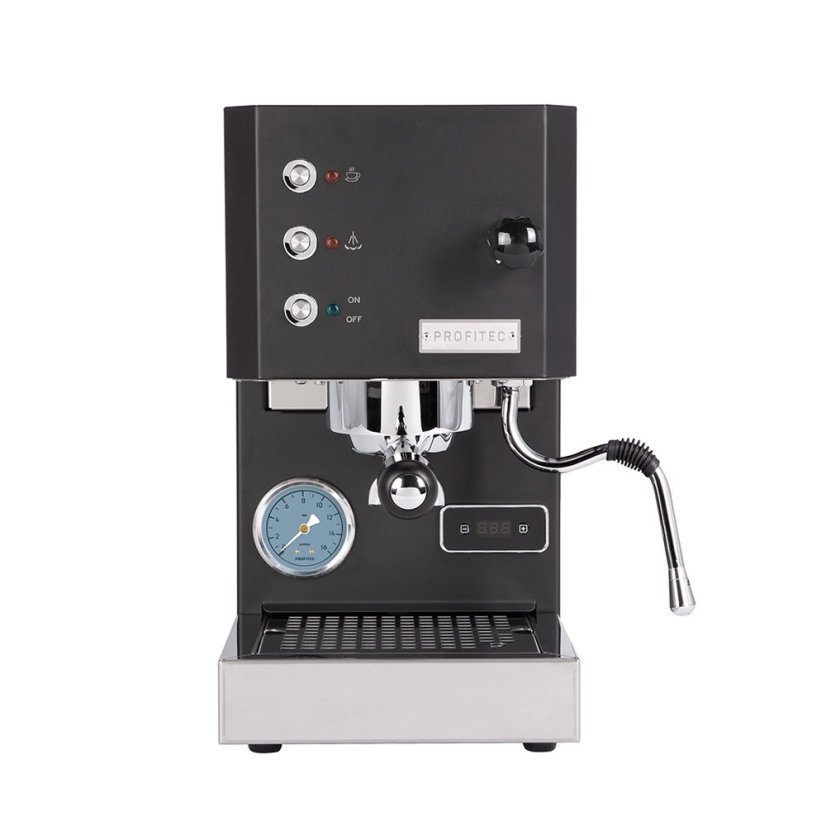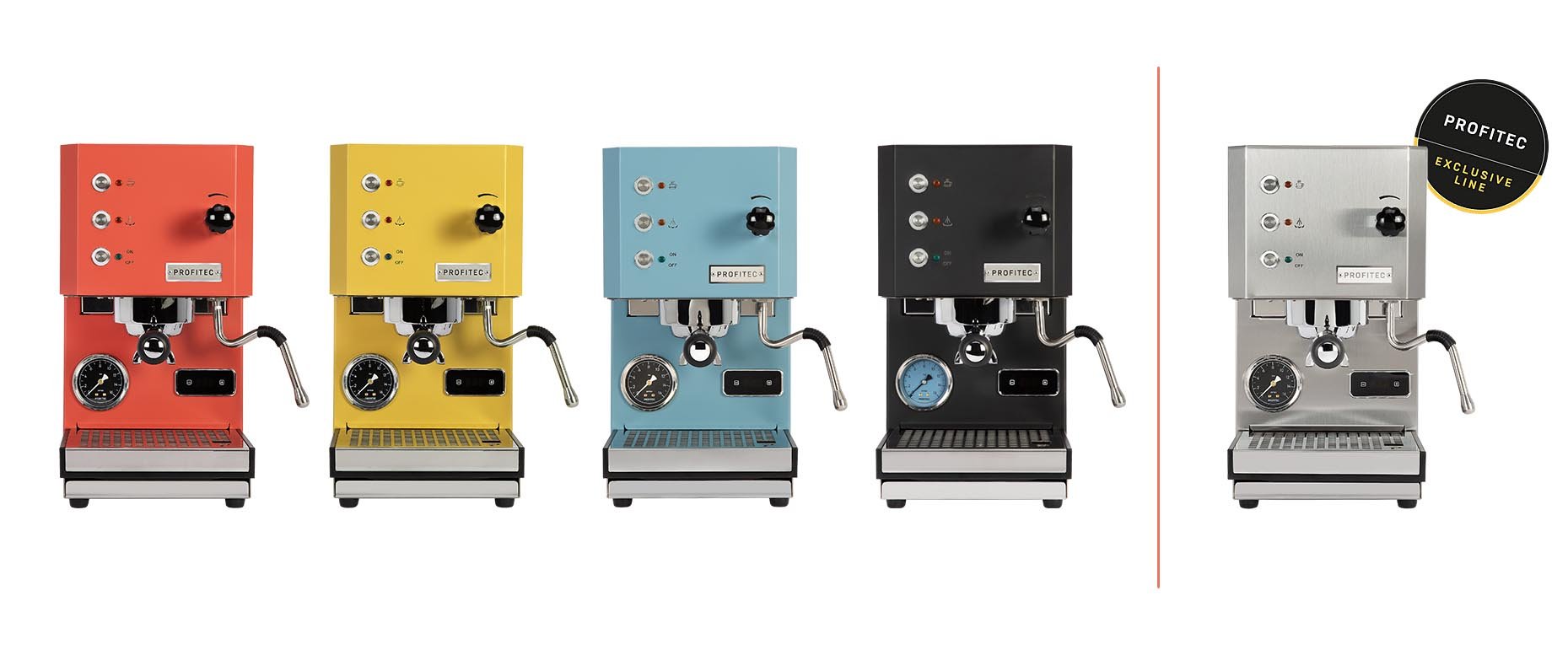 Image 1 of 2
Image 1 of 2

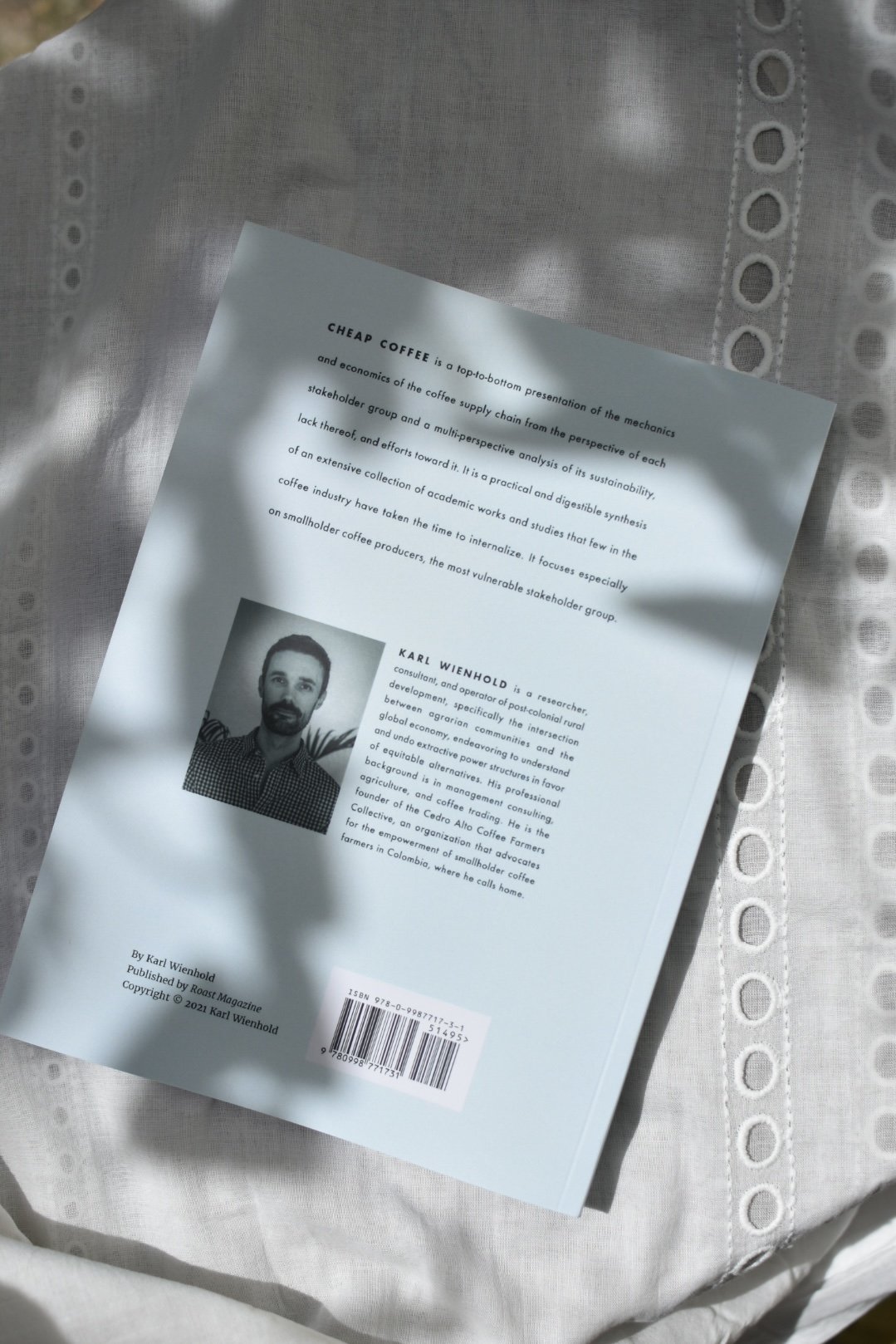 Image 2 of 2
Image 2 of 2



BOOK – CHEAP COFFEE
BEHIND THE CURTAIN OF GLOBAL COFFEE TRADE
Cheap Coffee is a top-to-bottom presentation of the mechanics and economics of the coffee supply chain from the perspective of each stakeholder group and a multi-perspective analysis of its sustainability, lack thereof, and efforts towards it. It is a practical and digestible synthesis of an extensive collection of academic works and studies that few in the coffee industry have taken the time to internalise. It focuses especially on smallholder coffee producers, the most vulnerable stakeholder group.
About the author
Karl Wienhold is a consultant, researcher and organiser of postcolonial rural development and agricultural value chains. He is dedicated to trying to better understand and undo extractive economic power structures that have oppressed people and degraded ecosystems to enrich others since colonial times. He is particularly keen on regenerative agriculture, the solidary economy, tropical cash crops, circular economies, and generally fitting square pegs through round holes.
He was once a management consultant and mercenary for global capitalism, focused on international trade and competitive strategy. In 2013, he decided to repurpose this weapon to empower marginalized smallholder coffee farmers in Colombia to participate actively in the international trade of their produce, founding the farmers' collective Cedro Alto.
BEHIND THE CURTAIN OF GLOBAL COFFEE TRADE
Cheap Coffee is a top-to-bottom presentation of the mechanics and economics of the coffee supply chain from the perspective of each stakeholder group and a multi-perspective analysis of its sustainability, lack thereof, and efforts towards it. It is a practical and digestible synthesis of an extensive collection of academic works and studies that few in the coffee industry have taken the time to internalise. It focuses especially on smallholder coffee producers, the most vulnerable stakeholder group.
About the author
Karl Wienhold is a consultant, researcher and organiser of postcolonial rural development and agricultural value chains. He is dedicated to trying to better understand and undo extractive economic power structures that have oppressed people and degraded ecosystems to enrich others since colonial times. He is particularly keen on regenerative agriculture, the solidary economy, tropical cash crops, circular economies, and generally fitting square pegs through round holes.
He was once a management consultant and mercenary for global capitalism, focused on international trade and competitive strategy. In 2013, he decided to repurpose this weapon to empower marginalized smallholder coffee farmers in Colombia to participate actively in the international trade of their produce, founding the farmers' collective Cedro Alto.



